Authored by Steven Novakovic, CFA, CAIA
For some, ethics may be a mundane topic and likely not a regular part of water cooler conversations. But high integrity and high standards of conduct are what distinguish professionals across an industry that far too often has salacious headlines.
It is because of these periodic reports and bad actors that conversations surrounding ethics deserve a place at the forefront—guiding the investments industry towards higher standards and accountability.
Toward that effort, CAIA announced in early March 2024 a new set of ethical principles that will be formally adopted in 2025. These principles represent CAIA’s vision for professionalism, fiduciary responsibility, and ethical conduct in today’s investment industry. As a CAIA Member and employee, I could not be prouder of this work and am delighted to see CAIA set the standard for professional best practices in the world of alternative investments.
With these newly adopted principles, we look to further establish our Members as standard-bearers in the industry and as professionals who operate with a client-first mindset.
Why is this so important?
The investment industry and the relationships therein are built on trust and integrity. Investors are not going to invest in a company when they don’t trust the board; retirees aren’t going to give money to an advisor lacking integrity, and an asset owner won’t retain staff that behaves unprofessionally. In fact, the relationship between high integrity and positive value was recently highlighted in academic literature. In this recent meta-analysis, the authors found a positive linkage between corporate governance and firm value.
Elsewhere, in this commentary piece, Leena Bhutta talks about mission-aligned investing and how the Doris Duke Foundation is navigating the polarized environment to stay on target. Not surprisingly, two elements Leena highlights include a commitment to strong governance, and continuous learning—by design, two of the main principles in CAIA’s framework.
Looking into the future, it is easy to wonder how artificial intelligence may muddy the ethical waters. As such, it is imperative for the finance industry to be ahead of the curve on ethical AI. According to a recent report on AI regulation and standards, the finance industry is leading the way in data governance and AI ethics policies. It’s good to be ahead of the curve when regulatory bodies are acting. Most notably, the European Parliament adopted the AI Act earlier this year.
As each of these articles highlights, ethics is an essential ingredient in the overall value creation process. As CAIA nears the end of its open comment period (May 31, 2024), I invite you to take another look at our principles and provide any feedback to ensure the principles meet the high bar our Members set each and every day. All industry professionals are encouraged to contribute their voice in the development of this set of ethics principles that will likely have a far-reaching impact beyond their sphere of influence.



